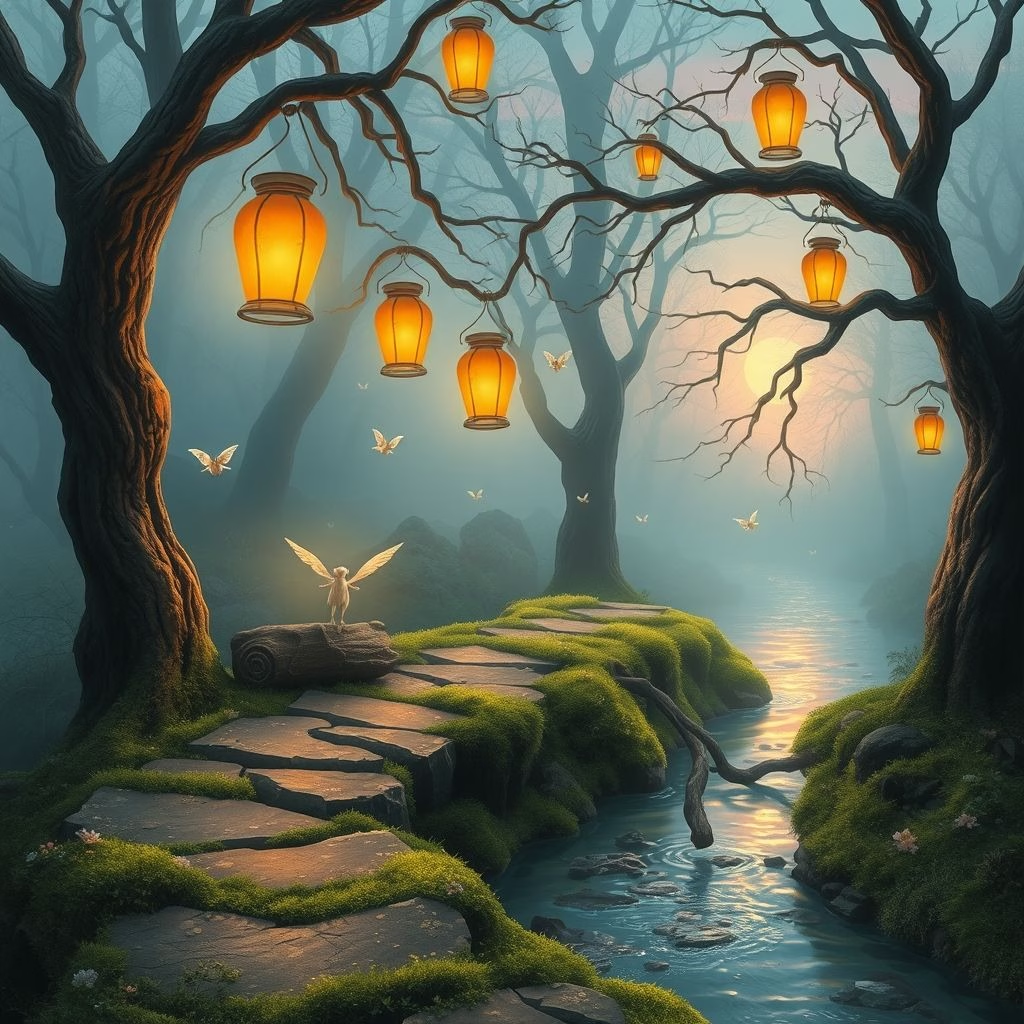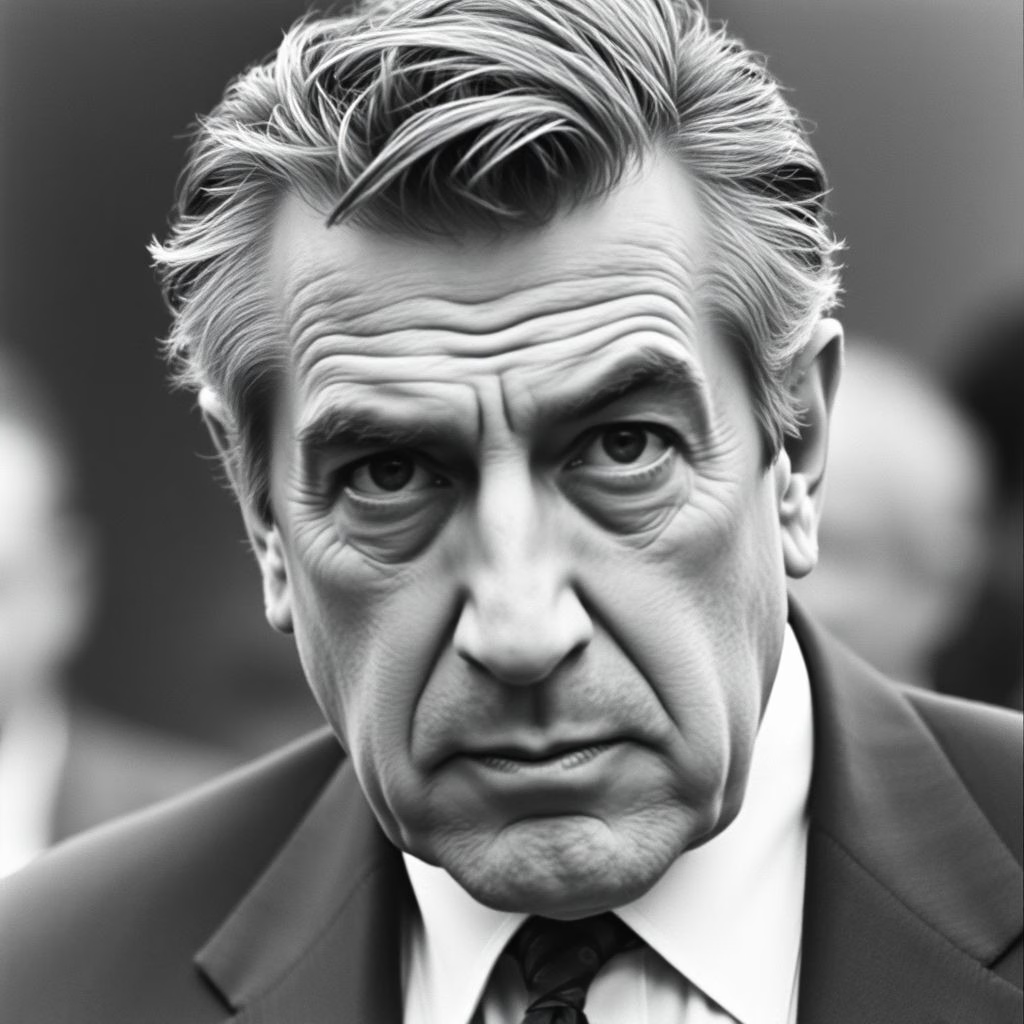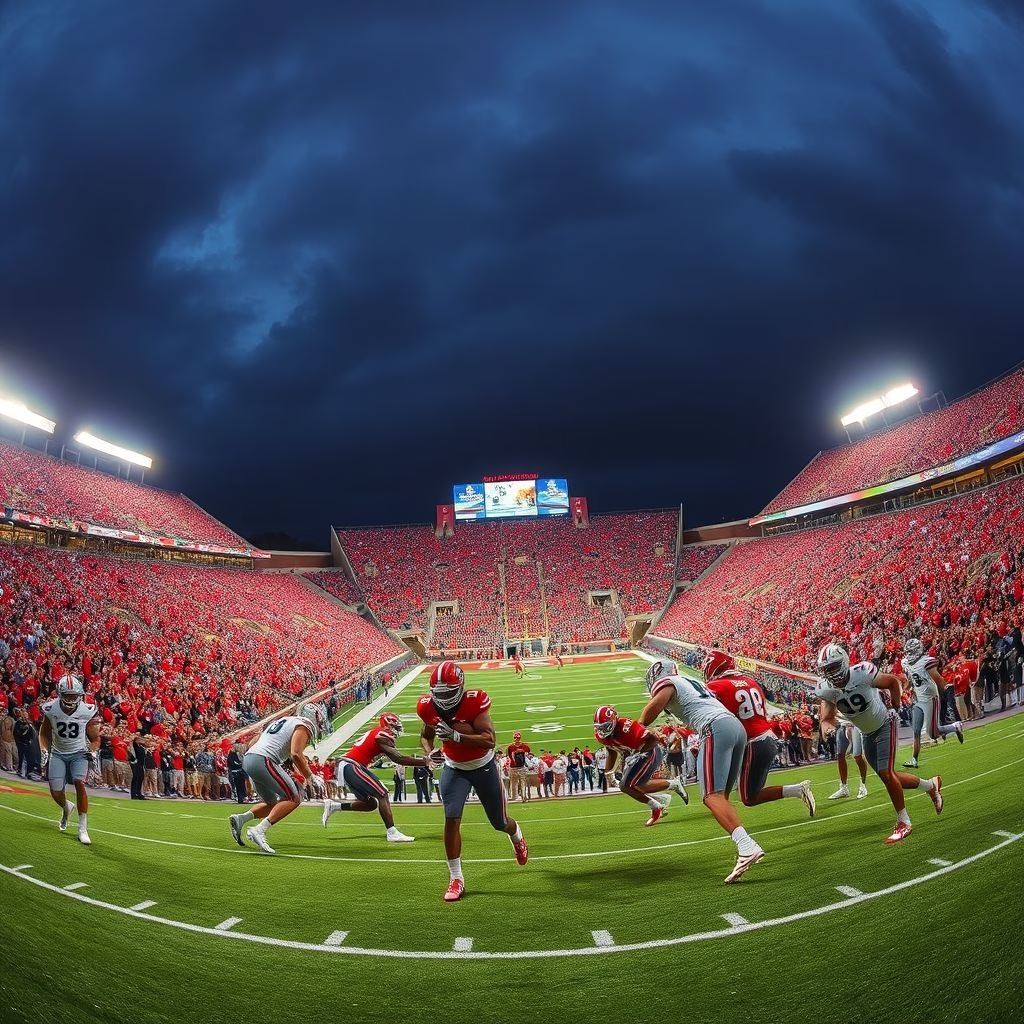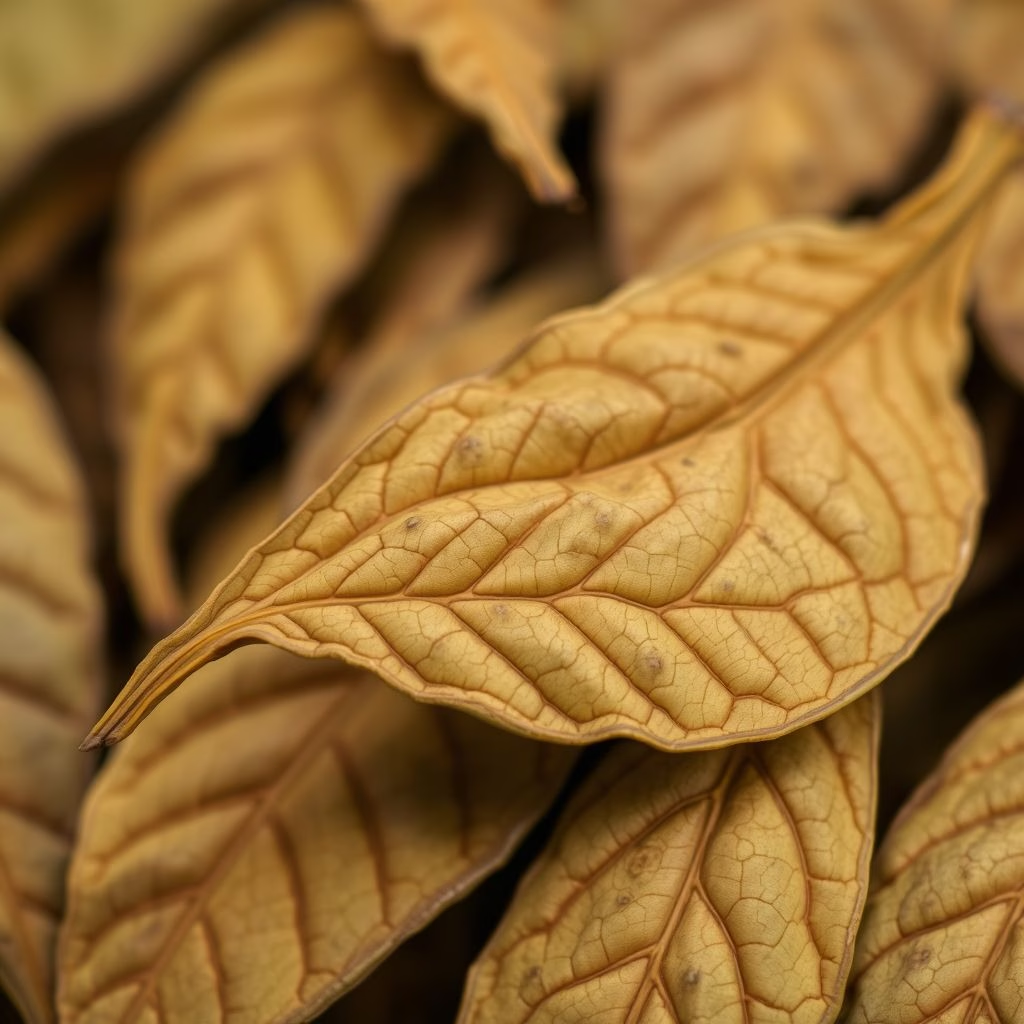Unveiling Algeria: A Journey Through History, Culture, and Resources
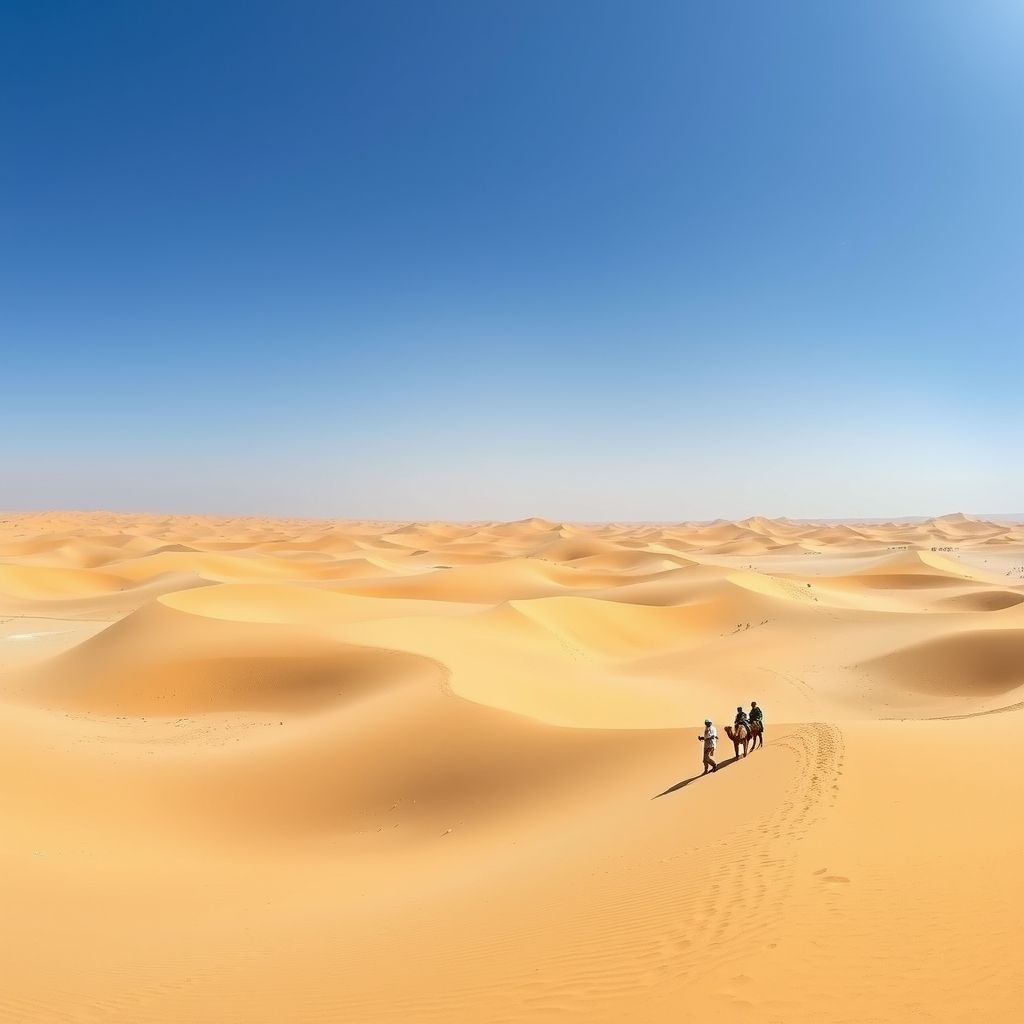
Exploring the Jewel of North Africa: Algeria
Algeria, officially known as the People’s Democratic Republic of Algeria, is a captivating nation situated in North Africa. Bordering countries like Tunisia, Libya, Niger, Mali, Mauritania, and Morocco, along with the vast expanse of the Mediterranean Sea, Algeria boasts a strategic location and a rich tapestry of history, culture, and resources. This post aims to delve into the fascinating aspects that define this influential nation.
A History Etched in Time
The history of Algeria stretches back to prehistoric times. Over millennia, the land has witnessed the rise and fall of civilizations, each leaving its indelible mark. Phoenician traders, Roman conquerors, and the mighty Ottoman Empire all exerted their influence on the region. However, a significant turning point arrived with French colonization, which began in the 19th century. This ultimately led to a protracted and brutal war of independence. In 1962, after years of struggle, Algeria finally achieved its freedom from France, marking a pivotal moment in its modern history.
Independence and its Aftermath
The Algerian War of Independence, which culminated in 1962, remains a defining event. This hard-won independence shaped the nation’s identity and its subsequent political and social trajectory. The post-independence period saw Algeria navigate complex challenges, establishing itself as a sovereign nation and charting its own course.
A Nation of Diverse Heritage
Algeria is a nation where cultural diversity thrives. The population is predominantly Arab, with a substantial Berber minority, reflecting a rich blend of traditions and languages. The official languages are Arabic and Tamazight, which speak to the nation’s cultural roots, while French continues to be widely used, a legacy of the colonial era. This linguistic diversity is reflected in the vibrant arts, music, and cuisine of Algeria.
The Economic Engine: Petroleum and Natural Gas
A key element in Algeria’s story is its vast natural resources. The country is richly endowed with significant petroleum and natural gas reserves. These resources are the driving force behind Algeria’s economy, making it a major player in the global energy market. This economic strength contributes significantly to its regional power status within Africa and its influence on global affairs.
A Regional Powerhouse
Algeria’s influence extends beyond its borders. The nation is a prominent regional power in North Africa, playing a crucial role in shaping political dynamics and fostering economic cooperation in the region. Furthermore, Algeria is considered a middle power on the global stage, participating in international forums and contributing to discussions on a range of issues, from climate change to peacekeeping efforts.
Key Takeaways
- Algeria’s independence from France in 1962 marked a significant turning point in its history.
- The country’s economy is largely dependent on its significant petroleum and natural gas reserves.
- Algeria is a powerful force within North Africa and plays a role in global affairs.
- The population is a mix of Arabs and Berbers, with Arabic and Tamazight being official languages, and French being widely spoken.
In Conclusion
Algeria stands as a nation with a captivating story, a rich history, and a promising future. From its ancient roots to its modern-day significance, Algeria continues to shape the landscape of North Africa and beyond.
For further reading, here are some valuable resources:
- https://en.wikipedia.org/wiki/Algeria
- https://www.britannica.com/place/Algeria
- https://www.cia.gov/the-world-factbook/countries/algeria/

